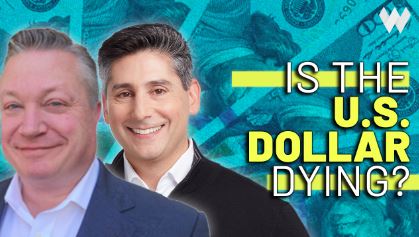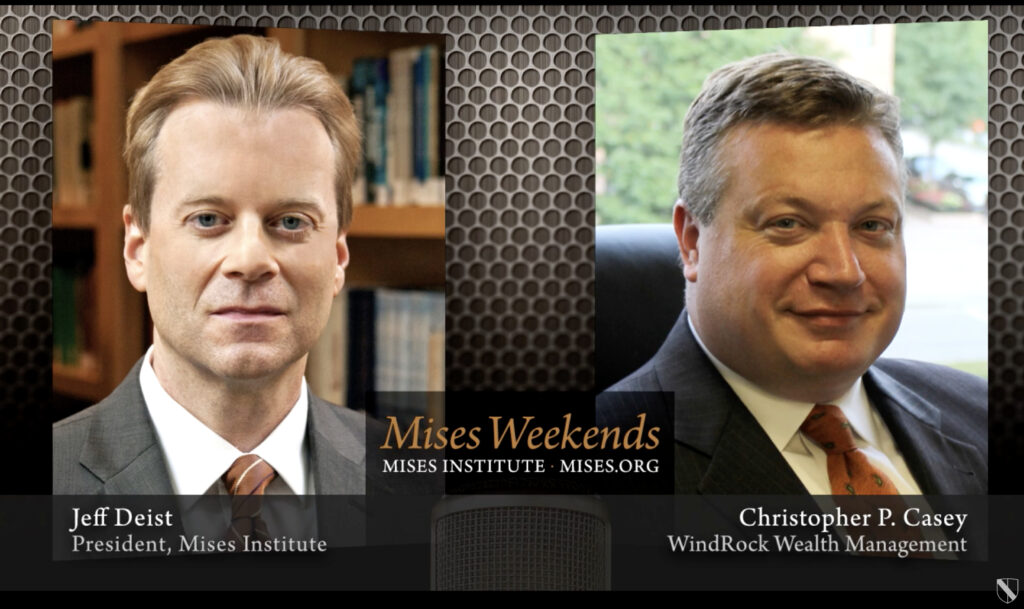Wealth Planning Strategies for Doctors and Lawyers

What Risks Lie Ahead in 2024?

Retirement Revolution: Investment Tips From 401(k) to Roth IRA

Four Ways to Turbocharge Your Retirement Planning

Many retirement plans exist, but many of the most tax-advantageous options are often underutilized. In addition, most retirement plans fail to offer a wide range of investment options or private investment alternatives to potentially maximize growth and increase diversification. Several plans often overlooked include Solo 401k Plans, Roth IRAs, Qualified Charitable Donations, and Defined […]
Adding Austrian Economics

In thinking about the title of this presentation, it occurred to me that some people may be uninterested. That is, attendees may feel they manage their own investments, and are therefore unthreatened by wealth managers ignorant of Austrian economics.
Problems with Today’s Wealth Management Industry

Although WindRock Wealth Management is a U.S.-based Registered Investment Advisor which manages money for wealthy individuals, you certainly seem different from other firms out there.
Why Economics Should Guide Investment Allocations

Jeff Deist, President of the Mises Institute, interviews Christopher Casey.

